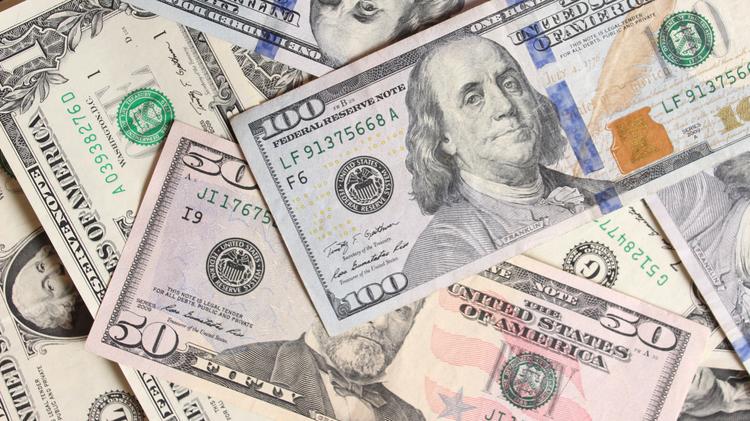What do you do when your country reaches a hyperinflation rate of 231 million percent? You start printing your own Dollar.
At least that’s what the government in Zimbabwe is planning to do where people waited in long queues outside banks to withdraw cash last Thursday.

Zimbabwe’s economy collapsed in 2009 due to hyperinflation. That was when the country adopted US and South African currencies. A recent shortage of currency notes prompted the Reserve Bank Governor to resort to unconventional rescue measures. The Governor said that the Central Bank will print its own dollar-equivalent bond notes — “which are currently at the design stage”
Some experts criticized this proposal stating reasons such as citizens’ refusal to accept wages in the form of bond notes and shopkeepers refusing to accept such notes because they cannot be used to restock.
The Governor still denied that the new banknotes were a step towards re-introducing the devalued Zimbabwe dollar.
It was also disclosed that the new notes in denominations of $2, $5, $10 and $20, acting as tokens, will be backed by a $200-million support facility provided by African Exim Bank.

African Exim is claimed that the cash crunch is a direct result of the country’s trade deficit owing to excessive imports as against much lesser exports. The harrowing effect on the people is clearly visible in the public outcry. People are missing work to queue outside banks to withdraw cash where a limit has been set on maximum withdrawals allowed in a day. This has also led to non-payment of dues causing rifts between service providers and consumers. Paying rent has become difficult. There is also a limit to the amount of cash one can carry while travelling out of the country.
It is a curious fact that the government of Zimbabwe once had to remove 12 zeros from its battered currency at the height of hyper-inflation in 2009 when the largest note was the $100 trillion denomination.

President Robert Mugabe, 90, who has been ruling the country since its independence in 1980 saw the downfall of the agriculture sector in 2000 when the state sanctioned seizure of farmlands owned by white people. That triggered a major economic crisis with mass unemployment, emigrations and businesses shutting down.
It is high time that the state owns responsibility and works towards a beneficial economic and trade strategy for the betterment of the general masses.
Follow us on Facebook, Twitter and Instagram for more updates. Don’t forget to like and share. Do tell us your views in the comment box below.
7 June, 2016
Team Rapid


